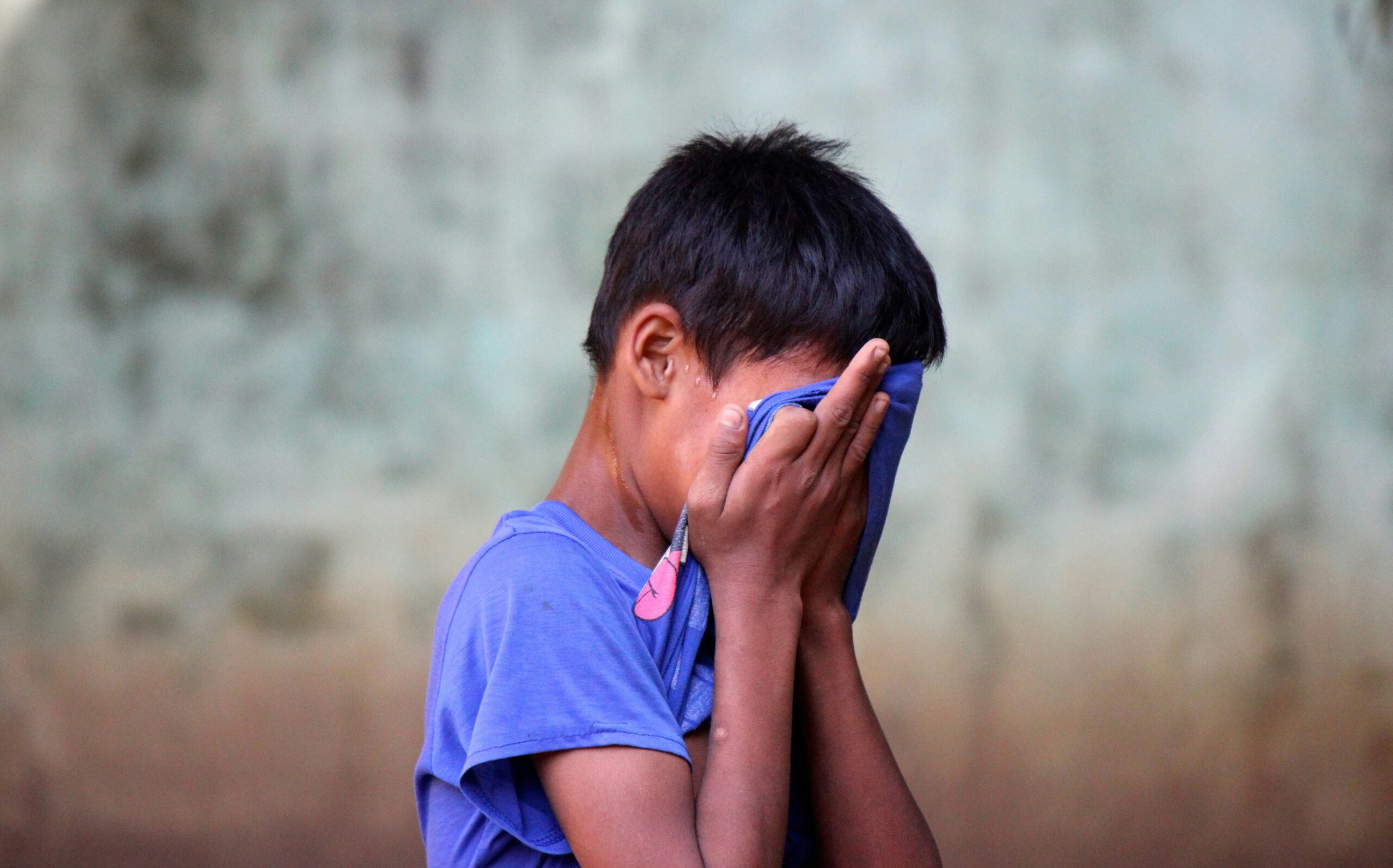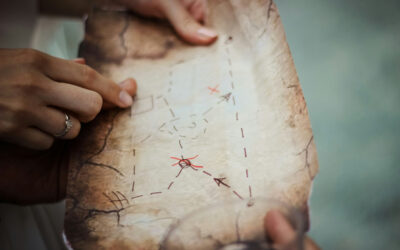True confession: I get lonely sometimes.
What does loneliness feel like? It’s a sad, gnawing, lost feeling. It’s an emptiness, a sense of something missing.
The worst part is that I think I’m the only one in the world who feels this way. I imagine everyone else having a wonderful, comforting, fun time with the people around them. They never feel lonely because they are so loved, connected, and successful.
All things that, in these moments, are the opposite of what I tell myself.
I didn’t realize how much shame I have about feeling lonely until I read Together: The Healing Power of Connection in a Sometimes Lonely World by Vivek Murthy, MD.
Murthy was the 19th US Surgeon General (2014 to 2017). He focused on what he called the “loneliness pandemic” in this country and its massive impact on health and mental health.
His book includes extensive research on how human beings, as mammals, are hard-wired for connection. Close, supportive relationships are crucial to our sense of well-being and our capacity to thrive. They literally make us physically healthier and emotionally happier.
Since that’s the case, we’re designed to have an inner signal — loneliness — that lets us know when we need reassuring human contact. The mammalian brain says, “My connection gas tank is low. Do something about that, please!”
Unfortunately, feeling ashamed about loneliness turns out to be quite common. It perpetuates a spiraling negative cycle that can leave us even more isolated.
It goes like this: if you think feeling lonely means that you’re unlovable or that there’s something wrong with you, you’re less likely to seek connection. It feels too risky.
Not reaching out increases your loneliness and reinforces the incorrect belief that you must be defective because you feel that way.
Loneliness doesn’t mean you’re a loser. It doesn’t mean there’s something wrong with you. It is not a sign of failure on your part.
As a psychotherapist trained in attachment theory, I knew all of this. But something about reading Murty’s book made it clearer for me. It normalizes loneliness in a way that I find reassuring and freeing.
Murty talks about loneliness as no different from being thirsty or hungry. It’s nature’s way of nudging you to take action on something crucial to your health and mental health — your relationships with other human beings.
We don’t judge ourselves for feeling thirsty or hungry. Why judge ourselves for feeling lonely?
I hadn’t looked at it this way. It frees me up to see it as the normal biological need that it is — one that comes and goes depending on how well I’ve been keeping an eye on my “connection fuel level.”
Reaching out can be easier said than done.
Even if you’re freed up from negative self-talk about the cause of your loneliness, reaching out for a connection can be challenging.
It can make you feel vulnerable; when you’re feeling vulnerable, you may be more prone to take things personally.
You text a friend and don’t hear back for a day or more. It feels personal.
You call your sister, and she doesn’t pick up. It feels personal.
You email someone you haven’t spoken to in a while but have enjoyed a connection with in the past. There has been no answer for days. It feels personal.
The likelihood that it’s personal is slim. What’s more likely is that people are caught up in their own stuff.
Your friend is having a high-stress day, getting bombarded with texts from work, and hardly registers yours, even though she’s glad to hear from you.
Your sister didn’t hear her phone, and it doesn’t show up on her screen that someone called.
The person you emailed is on a technology fast and has not looked at their email for a week.
Unless you’ve spelled it out, it’s unlikely that they have any idea you’re feeling lonely and could use a quick response. You’re most likely to get the response you’re seeking by being direct.
How to reach out in a way that is most likely to work
Most of us are not used to being direct about our emotional needs. We prefer to hint around the edges. It can feel weird or awkward to do otherwise.
Here are some light-hearted ways to do it:
“Hi, Sis! I just called to hear a friendly voice. I could really use a phone hug right now. Could you call me back?”
“Hey, Melinda, my connection fuel tank level is low. I’d love to chat with one of my favorite people on the planet — YOU! It would be great to hear from you!!” Or you could make it even more specific: “My son- (daughter-) connection-fuel level is low. I called for a quick fill-up.”
“Hi Geoge! It feels like I haven’t spoken to another human being in days. Can you give me a call and give me a report on what’s going on on Planet Earth? I’d love to hear from you!”
If it seems scary, remember this:
Research shows that human beings are inherently compassionate. It’s human nature to respond to someone in need. If you share your tender feelings, they’re likely to respond compassionately.
Here are some things to keep in mind:
- Letting people know clearly what you need makes you much more likely to get the desired response. People can’t read your mind!
- People love to be needed. Knowing they can make a difference in someone’s life feels good and makes them happier.
- It’s common to worry about asking for support. But it’s an honor for others to be there for you. Letting them do that strengthens your connection.
- By reaching out, you’re also modeling something that the recipients may need to learn since everyone feels lonely sooner or later, and they, too, may be shy about doing the same.
Befriending Loneliness
Loneliness is an entirely normal human experience. It’s nature’s way of signaling that something essential to your well-being is needed—a connection with another human being.
If you can accept it as a simple fact of life without judgment, when it arises, you can say, “Hello, Loneliness! Thanks for letting me know I’m running low on the connection vitamin.”
You can then take action to meet this basic need, just as you would if you were hungry or thirsty.
Being openly vulnerable about your need for connection is a sign of your courage and strength.
Dr. Brene Brown, a researcher on shame, courage, and wholehearted living, sums it up this way: “Vulnerability is the birthplace of love, belonging, joy, courage, empathy, and creativity. It is the source of hope, empathy, accountability, and authenticity.”
Powerful stuff! Maybe even worth taking the risk!




0 Comments